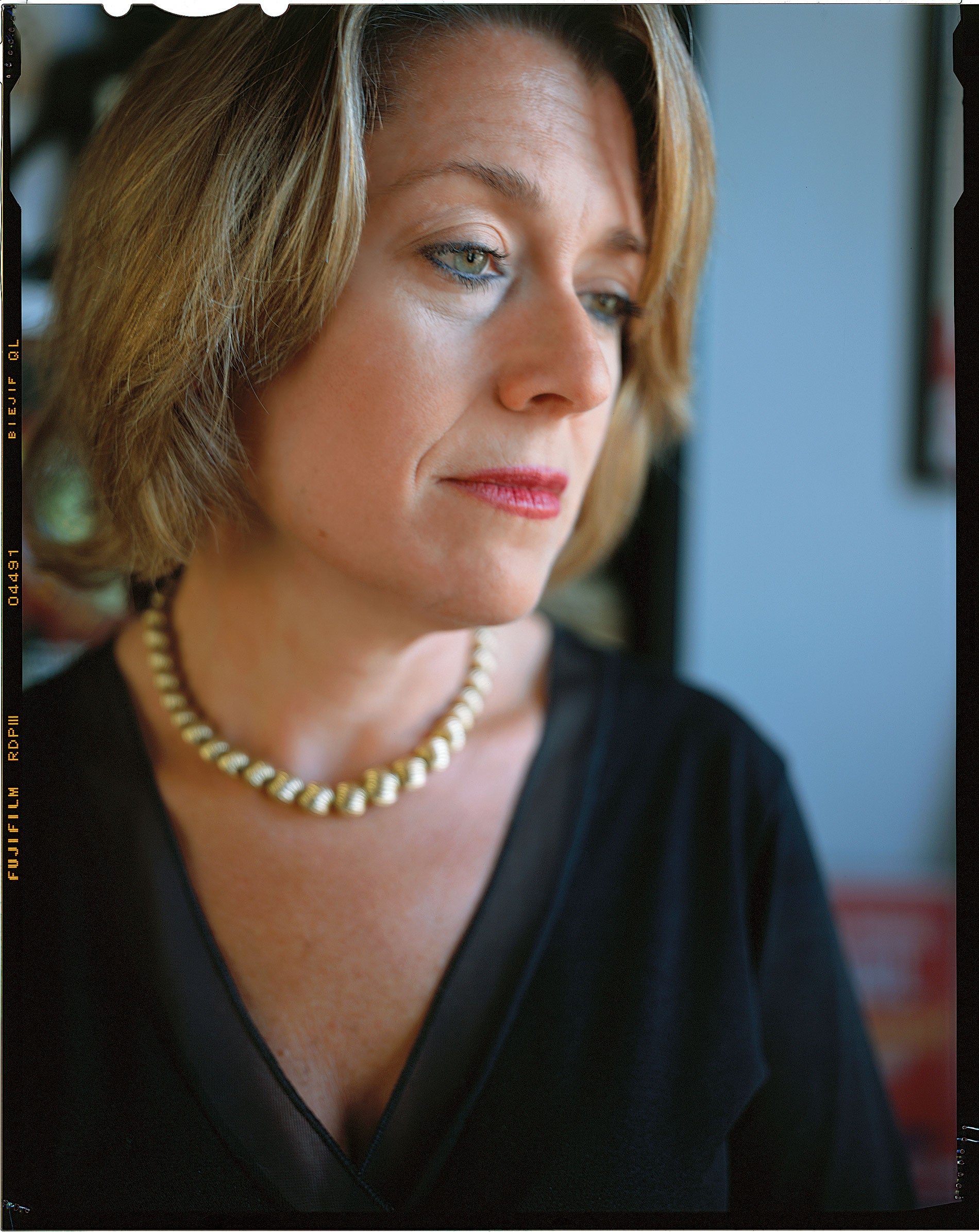Today’s trade agreements aren’t just about trade, says Lori Wallach ’90
In May 2003, Matias Garcia, a farm laborer from Oaxaca, Mexico, set out to cross the U.S. border to find work. For Garcia, like hundreds of others each year, the attempt proved fatal—he perished on a 32-mile trek across the blistering Arizona desert.
The cause of death was severe dehydration. But to Lori Wallach ’90, the real cause was unfair trade policy—specifically, the 1994 North American Free Trade Agreement, which, according to government data, resulted in 1.3 million Mexican farmers losing their livelihoods and a 60-percent jump in annual undocumented immigration to the United States.
For Wallach, Garcia’s fate is an example of the human toll of trade agreements like NAFTA and those of the World Trade Organization, and gives her all the more reason to want to change what she calls the NAFTA-WTO globalization model.
As founder and director of Global Trade Watch, a division of the nonprofit watchdog group Public Citizen, Wallach has been coordinating U.S. grassroots and lobbying efforts and working internationally to stop expansion of WTO, NAFTA, CAFTA and similar agreements, with the goal of rewriting them entirely.
“The data show that not only has this model failed to deliver its promised benefits, but that conditions are worse economically, environmentally and socially for a majority of people in a majority of the countries involved,” she says. According to Wallach, during the WTO-NAFTA era, the number of people living on less than $1 a day has increased in the world’s poorest regions, while U.S. household income has stagnated and income inequality has jumped significantly. Moreover, she says, the U.S. trade imbalance has surged from $95 billion in 1993 to $717 billion as of 2005, threatening global economic stability: “We need to change the rules.”
To that end, Wallach and Global Trade Watch (inspired by the work of her mentor and Public Citizen founder, Ralph Nader ’58) have played a leading role in building a new U.S. coalition on trade, as well as a global civil society network.
“In 15 years, we’ve built campaign-operational grassroots, national and international networks,” says Wallach, who co-wrote the book “Whose Trade Organization? A Comprehensive Guide to the WTO.”
These networks have made significant inroads. In July, the Doha Round of WTO expansion talks was indefinitely suspended. The networks also helped derail the WTO expansion agenda in Seattle in 1999 and Cancun in 2003. Wallach helped to instigate the effort in this country that brought thousands of people to the streets during the 1999 Seattle WTO Ministerial, “demolishing the global myth that Americans benefited from and supported the WTO model,” she says.
Part lobbyist, part policy wonk, part organizer, Wallach stumbled into her avocation a few years out of law school, when she was lobbying on food safety improvements for Public Citizen. “I’d be testifying at hearings about labeling or pesticides, and the industry lawyers would cite this or that trade agreement as the reason to lower standards.”
After studying heisted early drafts of WTO agreements and later NAFTA, Wallach came to believe that they would affect far more than trade. “These pacts contain a comprehensive set of trade and nontrade policies written by and for a very elite set of countries’ largest business interests,” she says. Wallach launched Global Trade Watch in 1995.
Since then, she’s been on a mission to educate legislators on the finer details of globalization and trade. An energetic, hyperverbal personality, she’s a tireless public speaker who testifies before Congress and foreign parliaments, and debates corporate globalization proponents on television.
“The motto of the global justice movement is, ‘A better world is possible,’” says the Wisconsin native, who points to her upbringing as a source of her drive. “There’s this Jewish concept—Tikkun Olam—meaning to repair the world. We were raised to believe we had an obligation to make the world a better place and that being silent in the face of injustice was as bad as causing it.”
